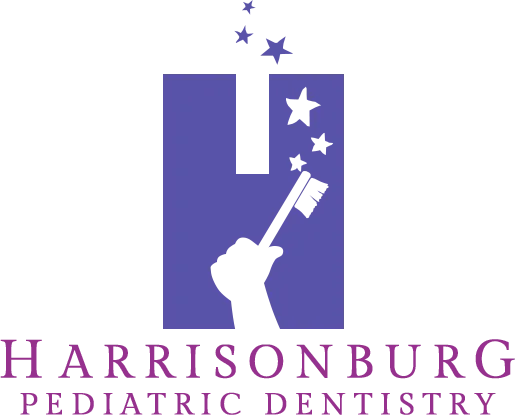If your child faces a dental emergency, give us a call immediately at (540) 433-0075. If you need urgent treatment after hours, you can call the same number and follow the recorded instructions. We are always here to assist when your child's dental health is at risk. Below are tips on dealing with urgent dental situations. You may want to display this list on your refrigerator or store it near your emergency phone numbers for easy reference.
Bitten Lip, Tongue or Cheek
If your child has a bitten lip, tongue or cheek severe enough to cause bleeding, clean the area gently with a damp cloth. Use a cold compress (a cold, wet towel or washcloth pressed firmly against the area) to reduce or avoid swelling. Give us a call to help determine how serious the bite is. If the area is bleeding heavily and doesn’t show signs of stopping, you may want to go to your local urgent-care center or emergency room.
Object Caught In Teeth
If your child has something caught between his or her teeth, use dental floss to gently remove it. Never use a metal, plastic, or sharp tool to remove a stuck object. If you are unable to remove the item with dental floss, give us a call.
Broken, Chipped, or Fractured Permanent Tooth
If your child has chipped or broken a piece off of a permanent tooth call us immediately. Rinse his or her mouth with warm water, then use a cold compress to reduce swelling. Try to locate and save the tooth fragment that broke off and bring with you to your appointment.
Broken, Chipped, or Fractured Baby Tooth
If your child has chipped or broken a piece off of a baby tooth please call our office. Treatment may or may not be necessary depending on the extent of injury.
Displaced Baby Tooth
If your child has knocked a baby teeth out of its normal position please contact our office. Depending on the extent of displacement and looseness of the tooth, the tooth may need to be taken out. In most cases, close observation is all that is necessary, and the tooth will often return to its normal position.
Knocked-Out Permanent Tooth
Call us IMMEDIATELY! If the injury occurs after hours or when you are out of town, please head to your nearest emergency room. Be sure to bring the tooth with you to your appointment. Handle the tooth by the crown (the white enamel part, not the long skinny part). If the tooth is dirty you may rinse it gently with water (no soap). DO NOT scrub the tooth. If the tooth is in one piece you may insert the tooth in its socket. Have your child bite gently on gauze to hold the tooth in place. If your are unable to replace the tooth, place the tooth in a clean container with cold milk. Call us immediately and/or head to the hospital. If you act quickly it may be possible to save the tooth.
Knocked-Out Baby Tooth
Call the Tooth Fairy! Do not attempt to place the tooth back into the socket. This is not usually an emergency and in most cases no treatment is necessary. Please contact our office so we can help determine if there are any other injuries.
Toothache
If your child complains of a toothache, rinse his or her mouth with warm water and inspect the teeth to be sure there is nothing caught between them. If pain continues, use a cold compress to ease the pain. Do not apply heat or any kind of aspirin or topical pain reliever directly to the affected area, as this can cause damage to the gums. Children's pain relievers may be taken orally. Schedule an appointment immediately.
Broken Jaw
If you know or suspect your child has sustained a broken jaw, use a cold compress to reduce swelling. Keep the jaw from moving and head to the emergency department immediately. In many cases a broken jaw is the result of a blow to the head. Severe blows to the head can be dangerous and even life-threatening.
Avoiding Injury
You can help your child avoid dental emergencies. Child-proof your house to avoid falls. Don't let your child chew on ice, popcorn kernels, or other hard foods. Please do not allow your child to walk around with anything in their mouth. Never allow a child to chew on an electric cord. Always use car seats for young children and require seatbelts for older children. And if your child plays sports, have him or her wear a mouthguard. Ask us about creating a custom-fitted mouthguard for your child. Finally, prevent toothaches with regular brushing, flossing, and visits to our office.
